What Is An Influencer?
There are varying degrees of influencers and inevitably as they have become more powerful and prevalent they have come with varying levels of value for different campaign types. Remember with influencers that the vast majority of them aren’t celebrities in the traditional form of the word. Although hugely popular and well know within their respective circles, outside of their audience you will likely have never seen or heard of them. With the exception of a handful of influencers who have risen to global stardom, they really do come in a myriad of styles and sizes.

What Is Influencer Marketing?
Using someone within the public spotlight to promote and endorse a product isn’t new. We have used singers, actors and sportspeople to try and encourage the public to buy anything from cigarettes in the 60’s to soft drinks and diet plans today. The difference between influencer marketing and sponsorship deals is that influencer marketing is proven to be far more effective. This comes down to the type of personal relationship influencers have gained with their audience, or community as they like to call it. Their community feel like they know them as a friend and have a vested interest in their daily lives.
Celebrities tend to have a disconnected relationship with their fans. They may post regularly on social media and do public appearances but their fans primarily follow them as a result of their talent rather than their personality. Because of this when compared to influencers we actually see a drop in the effectiveness of endorsement campaigns than their influencer counterparts.
In a study in 2018, shanebarker.com broke down some differences between the effectiveness of traditional celebrities and influencers in terms of marketing a brand. This is some of what they found:
- 70% of teenagers say they feel they relate more to influencers than celebrities
- 4 in 10 millennials feels their favourite influencer understands them better than their own friends do
- On average YouTube stars receive two times more engagement from their content and x12 more comments than regular celebrities
- 70% of YouTube users believe that YouTube influencers are trendsetters
There are many more interesting statistics you can indulge in but the general trend is that influencers are far more influential (pun intended). With an increased engagement rate, larger following and more devoted and loyal fan base it’s no wonder that they are performing better as a marketing tool.
How Does Influencer Marketing Work?
To put it very simply it’s just a case of finding the right influencer to represent your brand/product/service. Businesses will usually engage with them in a professional conversation and reach an agreement which is then written into a contract. It works for the most part like everything else in business, one party offering something in exchange for a monetary reward.
There are now management agencies who represent influencers (just like talent agencies represent actors). They pay taxes on their income, are usually registered businesses or limited companies and even can have their own staff. It’s grown from something small and unheard of and into a large sophisticated and profitable industry. Influencer marketing is today worth around $5 billion a year and expected to rise to $10 Billion a year by 2020.
From a brand or business perspective, your goal is to engage with an influencer and reach an agreement which you will then see them either endorse, talk about or just even wear/use your product. The power of using them as a voice and platform to advertise dwarfs the effectiveness and cost of traditional advertising methods.
Where to Find Influencers
Sites like Influencer.uk, Hypeauditor and BuzzSumo are just a few in a very large pool of options you have when it comes to finding influencers. Each site offers slightly different tools to find them but what is universal across most of them is the ability to filter the results by size of following and area of interest. Use this effectively and take your time in identifying the right influencer for you and your brand. Choosing the first one you come across isn’t likely to bring you the results you are looking for.
Platforms like Twitter analytics give you the ability to explore and find influencers linked to keywords or events, but you will have to do a little digging or background checks to ensure you are focusing on the right one. Alternatively, if you are struggling to find the right person. By simply searching on Instagram or Twitter for a hashtag relating to what you are looking for (ie #naturephotography for example) you can see the top posts and search for accounts/influencers that way. Spend some time looking over their accounts and content to see if they would be a great fit. It’s really crucial to establish that fit as early as possible and to figure out if you have what their audience wants or desires. By categorising your own area of the market and then finding influencers which match your content style, it will help you to whittle down to options and identify the best contenders for you.
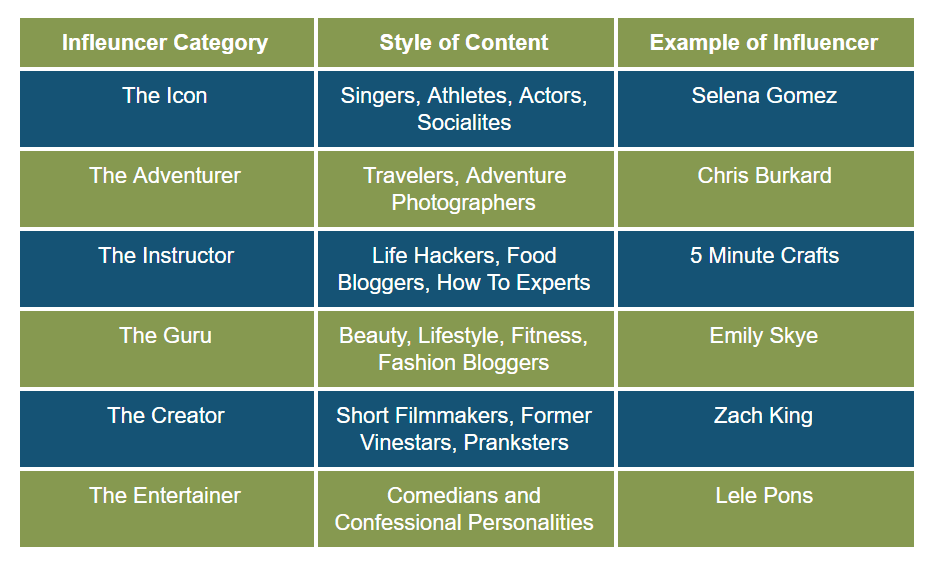
How To Utilise Them
So you’ve found an influencer or two you would like to work with. Great job, now what? You could jump right in and go straight to sell mode in the hope that they would be equally eager to work with you too. The truth is that they likely get these pitches day in day out. If they are a larger more established influencer, they may have set contractual conditions that they follow. It may be that you initially liaise through an agency or manager. They may have set rates or fees. They might only work with certain types of brands. The bigger names would usually have a contact for you to reach to on their social media accounts. From here you will then be able to establish what other hoops may be required to jump through before signing on the dotted line.
It’s not actually as daunting or as complicated as it sounds. Just treat it like any other business transaction and it will be fine. You may have certain terms and conditions which you follow for your own partners and customers. It’s the same for them. With the smaller influencers, you’ll likely find they don’t have strict requirements and are happy as long it covers any costs they may have, with this added simplicity there are benefits to be gained.

Smaller influencers are generally cheaper, easier and more eager to get on board. They usually occupy a niche which can be great for your business, especially if your brand resides in. They tend to have very loyal and dedicated fans and maybe more relaxed about partnering up with you. Be it for a one-off endorsement or a long-running agreement.
Your goal is to make sure you stand out when approaching them. To do this you will have to engage with what they do. Like, share, comment and follow them. Supporting their efforts and their hard work speaks volumes. Give it a few days or even weeks, get to know them and what they represent as well as their community. Importantly you have to make sure their values align with your brand’s and only then should you make the introduction.
Remember to compliment their work and efforts and explain just why you think they are the person you need. You’re not playing a game of flattery here but rather demonstrating that you have researched them, engaged and understand them. Quality influencers generally don’t agree to promote or endorse everything offered to them. Many will turn down deals which contradict their style or values. The ones who do accept every offer will likely not offer much in return as their audiences are likely to be less connected and not part of a “community”, but rather just a fan base or unengaged followers.
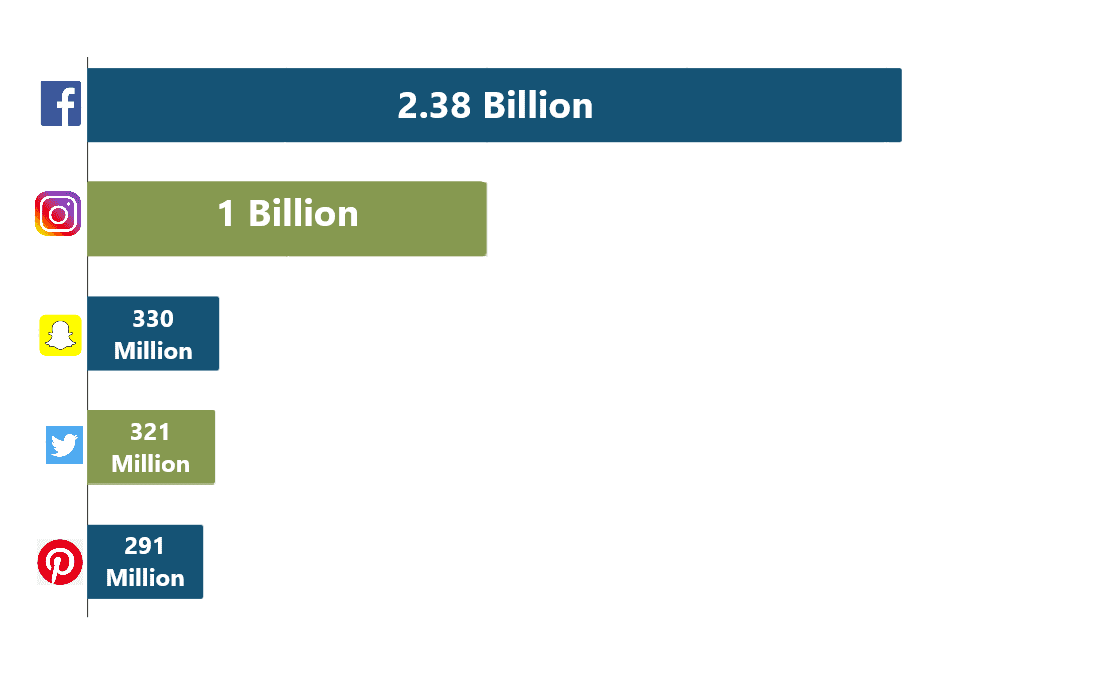
Types of Influencer Campaigns
The power which social media has when used for advertising and building brand awareness has been known pretty much since its humble beginnings back in the early 2000s. For a brand to not have a presence on at least one of the main social media platforms is seen almost as commercial suicide. Although Facebook is the number one social media site by average monthly users, Instagram is the playground of influencer marketing. Thanks to it’s visual and simple form and a huge number of users it’s where most brands need to be established if they want to be seen. Influencers understand and appreciate the role that they play within social media as well as the sway and power they can tap into which you as a regular brand or user simply can’t. Influencer marketing has become a way for everybody else to gain from this influence they have over audiences and there are different ways in which it can be undertaken.
1. Host Giveaways
Seen as one of the most effective ways for both influencers and brands to work together, host giveaways consist of an influencer promoting your brand and in return, you will give away something to some of their community for free. Freebies have always been a great way to get people to really talk about and share your brand around. This is just tapping into the power influencers have to boost sales for you by giving a freebie to a highly engaged audience.
You only have to give away a set number and this could be perhaps a handful or a few hundred – depending on the value of this investment on your part. While you will have to pocket the loss of the gift/s, following this you will undoubtedly see a spike in enquires and/or sales from those who either missed out and want in on what you have or those that have heard about your product from the lucky few that got the free gifts.
2. Social Media Takeover
Social media takeovers are relatively new and consist of allowing the influencer to effectively take over your brand’s social media. You don’t necessarily have to do this by giving them your login details but the aim here is about merging your two brands temporarily. It works best with influencers who have personalities closely aligned to your own brand values and with and a community of followers who consist largely of your target audience.
The content which will be posted will come directly from them but through your own social media channel. They will usually utilise video, photography and direct messaging to grab attention. A social media take over can last for an hour or for a week – how long is down to you to decide. Ultimately through them taking over as the voice for your brand for a short period of time you will see a lot of their followers migrate over to your pages while also giving you a bigger reach to potential followers by getting your posts and brand trending. You may also be able to use this content in the form of running ads too. You will find this particularly effective at increasing your own followings and brand exposure over the short and medium-term.
3. Affiliate Marketing
Affiliate marketing is a great tool for any business to use when trying to sell their product to a large audience. Almost all mainstream brands run affiliate programs and what you are doing here is giving the responsibly directly to influencers or affiliates, in this case, to advertise and sell your products themselves. Areas which have seen the greatest success in this field are the tech companies like Sony, Apple and Samsung who allow their products to be advertised on affiliate sites in return for giving a small commission to the affiliate. It isn’t just reserved for tech company giants. Any brand which sells a physical product can run an affiliate program and finding the right affiliates (or helping them find you) will give you a steady stream of sales.
4. Sponsored Content
The name of this one should be pretty self-explanatory here. Sponsored content involves you sponsoring an influencers content or entire brand for a period of time. Usually in exchange for money but arrangements can be made for other forms of reimbursement. The way sponsorship works, thanks to new rules and regulations for advertising, is that for each piece of content that they show, they will need to disclose who has sponsored this. This can apply to all influencers who may be bloggers, vloggers or photographers and the form in which they announce the sponsorship may vary slightly.
For Facebook and Instagram influencers they now have tools which overlay a sponsored post and usually the content will relate in some way to your brand. For vloggers and YouTube influencers, they have to disclose within the first 30 seconds of a video that it is a sponsored video. They will then continue with their own content as usual which doesn’t have to necessarily include anything from yourself. If you wish to give them items to trial or show off then this can be arranged when making the original arrangements.
5. Gifts
Perhaps one of the oldest tools in the marketing handbook, giving something away free to someone of importance can yield plentiful rewards. Unlike the host giveaways, you are gifting directly to the influencer themselves. You can tie this in with sponsoring their content or just as a stand-alone technique. If you give it to the right influencer who has a need or interest in your product and they have a community around them who are also in need and interested, you’ll find this a relatively inexpensive way to grow your own brand.
Most influencers will appreciate the gift and feel happy to freely announce this to their followers. This can be great especially if you see they use a similar product or an outdated version of your own. You are effectively giving them what you know to be superior and a great asset to have and in return, their entire community will find out about it.
6. Brand Ambassador Programs
A brand ambassador is essentially someone who uses, enjoys and loves your product to the extent they are willing to talk about it and share it with others. The clothing industry has used brand ambassadors in the form of influencers for the best part of two decades and with traditional celebrities even longer than that. This will apply to any brand from mobile phones and computers to clothing and even coffee.
The arrangement is this person (who closely represents your brand morals and values) is usually given access to free/discounted products or the newest stuff in advance. In return they will showcase, talk about and praise your products in an honest and natural way. The way this differs from sponsoring them is it’s usually a long term arrangement and brand ambassadors generally already love the product and your brand so are more eager to talk about it.
Is Influencer Marketing Worth it?
Whether you love them or loathe them influencers are here to stay. Due to the accessibility of social media, the ability for anybody to become an influencer and the effectiveness of their use, they are only going to grow and grow. You don’t need to be a brand the size of Coca-Cola or Nike to use influencer marketing and likewise, you don’t need to target the mega influencers with many millions of followers. There is an influencer who is perfect for you just out there waiting for you to find them.
If you are looking at expanding and growing your brand or want more exposure for your amazing product, a successful influencer marketing strategy is the most effective, powerful and cost-friendly tool at your disposal. It would be foolish to not consider it at all. Paired with a solid marketing campaign in the traditional form your potential could be limitless.
Words of Caution
Influencer marketing can be seen as a mysterious and confusing area to break into. What complicates things further are fake influencers who add no real value, but will cost you a lot of money.
A fake influencer is someone who has obtained a large following through means of paying fake accounts to follow them or through an informal process called #Follow4Follow. They sometimes even buy accounts which have been used to build a following and then had all the content removed, re-branded it as the buyers account but with this large following of unsuspecting people they didn’t earn or obtain.
How this can harm your efforts are these people masquerading as genuine influencers but carry little, if any, influence over their followers. You will end up spending your money to have them deliver your campaign to an audience of the wrong or disinterested people.
Just a few simple steps when looking for influencers will help you spot the fakes from the genuine.
1- Look at their engagements – are they getting a large number of likes and comments for their photos, videos or other content. This usually means they have a dedicated and interested fan base.
2- Are their posts consistent with a certain theme or style? – If you can’t work out what they stand for or represent then how are their followers supposed to buy into your brand if the medium between you (the influencer) is vague and unspecified.
3- What types of influencer marketing are they currently engaged in? – Is it linked to your industry, are people responding well in the comments and likes, do they seem to showcase products well? These are all key indicators to whether they can help or hinder your influencer marketing campaign.
Lastly just know your own limits. Don’t approach an influencer who can open your brand to an audience way beyond your capabilities. This will likely mean you can’t follow through on orders, will spend a lot of money for little return and damage your own reputation by failing these new customers. Your end goal should be to work with the big fish but begin by engaging with the smaller fish. They can help you grow while you support their work and help them. It’s generally cheaper and easier and while you develop your influencer marketing capabilities you can also steadily grow your brand the right way.

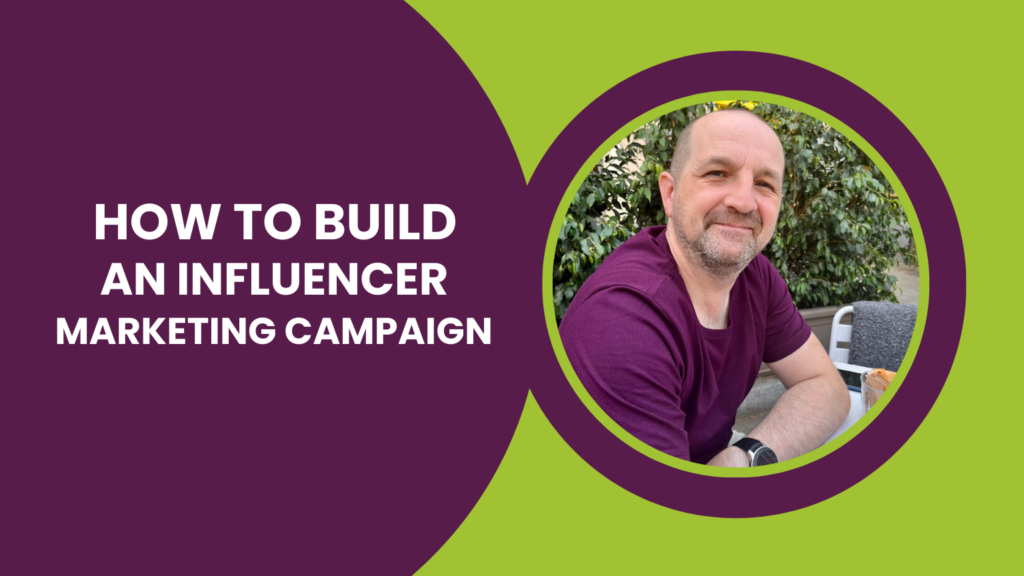

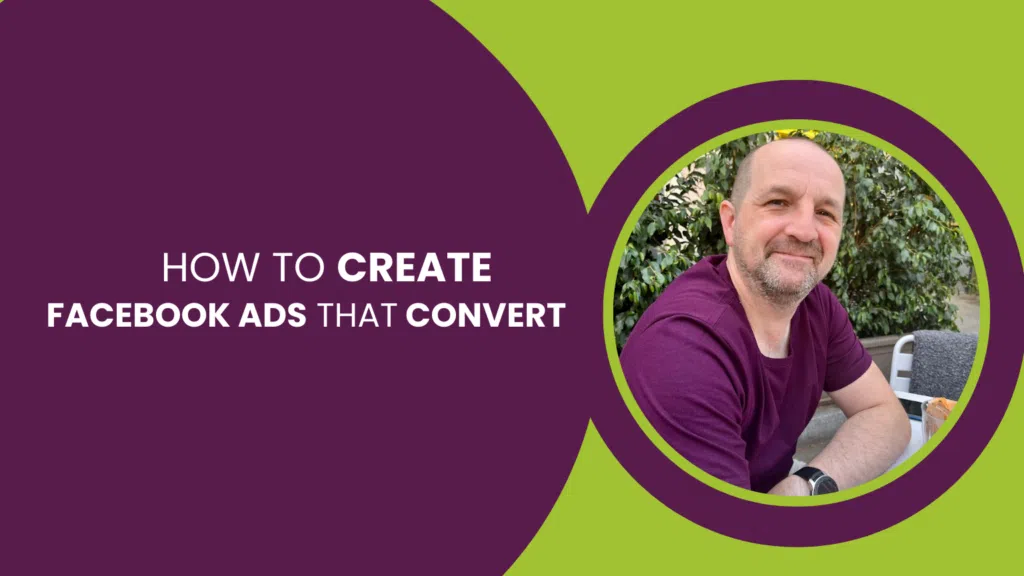

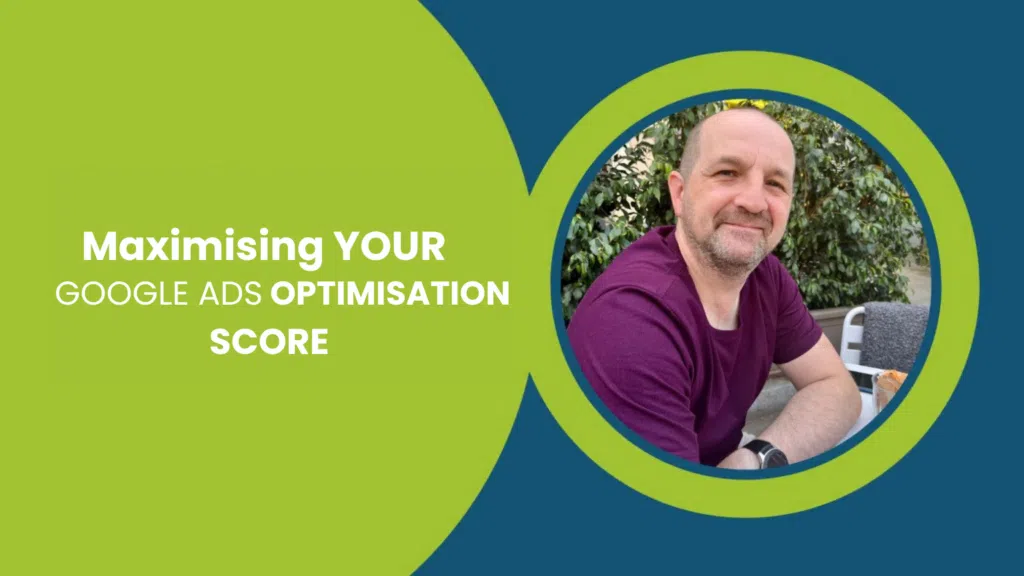



2 Responses
Great post!
From my experience, I can say that the best strategy is to pick the right social media channels.
The stages you use will rely upon your ultimate objectives. Various stages are utilized to contact various crowds and socioeconomics, and the equivalent goes for what item or administration you’re advertising: wonderful photographs of your item have a place on Instagram, while eye-getting recordings will perform better on Facebook.
Absolutely! If you’re not on the right channel, you won’t reach your audience.